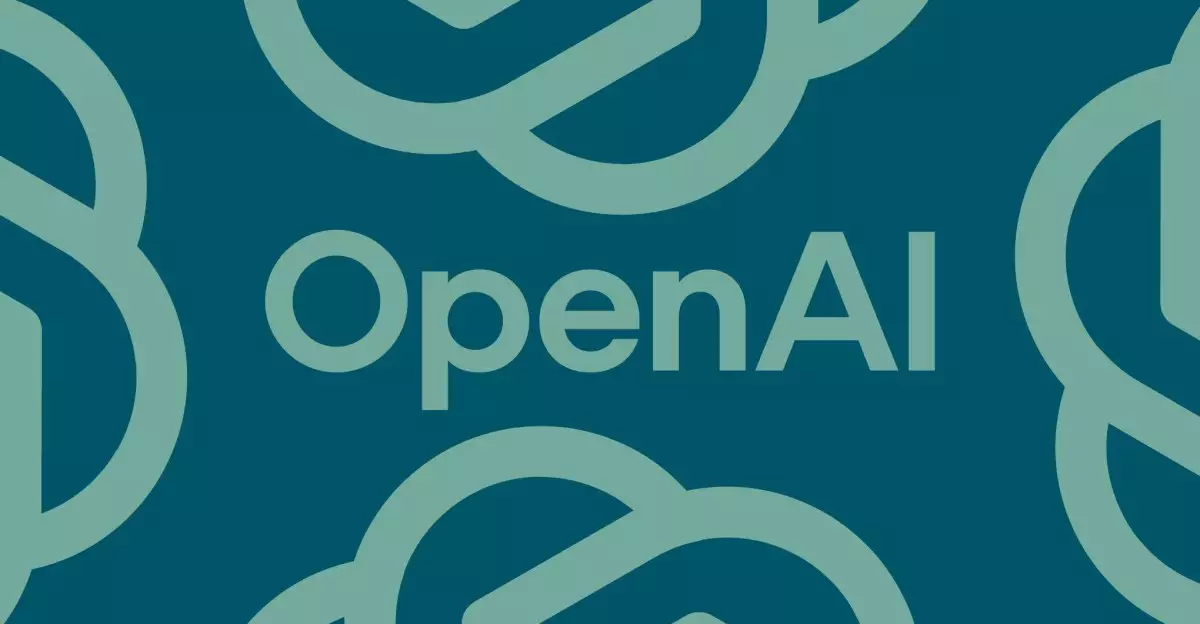In the ever-evolving landscape of artificial intelligence, a monumental legal battle has emerged, shaking the foundations of innovation and ethics. OpenAI has taken a notable stance against Elon Musk, filing a countersuit that claims his relentless actions are nothing but bad-faith attempts to undermine the organization’s progress. At the heart of this legal drama lies the intersection of ambition, power, and the responsibility that accompanies groundbreaking technology.
The Context of Conflict
Elon Musk’s involvement in the founding of OpenAI positioned him as a visionary leader in the tech space, but his subsequent actions reflect a complicated relationship with the company. His lawsuit last spring aimed to refocus OpenAI on its original mission: advancing artificial general intelligence (AGI) for the collective good rather than solely for profit. However, the nature of his legal strategies has been questioned extensively, with critics, including The Verge’s editor-in-chief, deeming them “hilariously bad.” Instead of fostering constructive dialogue, Musk’s tactics have raised eyebrows regarding their intent and effects on the industry’s future.
OpenAI’s Stance: A Call for Accountability
The countersuit from OpenAI brings to light significant concerns about Musk’s various disruptions, including his allegations of a fake takeover bid. These claims suggest an unsettling willingness to exploit legal systems to serve personal ambitions. OpenAI asserts that Musk’s maneuvers pose a dire threat, claiming they not only hamper the organization’s growth but jeopardize any advancements toward beneficial AI technology that could serve humanity’s needs.
This demand for accountability, encapsulated in OpenAI’s call to halt Musk’s “unlawful and unfair action,” underscores a vital point: innovation in AI must not come at the cost of collaborative effort or ethical integrity. The chilling effect of Musk’s actions could set a dangerous precedent in the tech industry, where powerful individuals leverage their influence for competitive gain.
The Broader Implications of the Dispute
This confrontation is more than just a clash of titans; it exemplifies the larger ethical dilemmas surrounding AI development. As the boundaries of technology stretch further, the need for principled leadership becomes paramount. The question of how AGI should be pursued—whether for the collective good or for individual profit—occupies a central role in this discourse.
Musk’s motivations may stem from a genuine desire to realign OpenAI with altruistic ideals, but the approach is questionable. Relying on legal battles to prompt ethical discussions within an organization may ultimately reflect a misunderstanding of collaborative innovation. True progress in AI will demand combining ambition with responsibility, drawing from a foundation of trust rather than coercion.
Awaiting Resolution
As the legal proceedings are set to unfold, culminating in a trial scheduled for spring 2026, the world watches closely. This case’s outcome could reshape the dynamics of innovation and ethical accountability in the tech industry. As disruptive technologies like AI continue to evolve, the challenge remains: how to navigate the murky waters of ambition, accountability, and the greater good in a rapidly transforming digital landscape.

